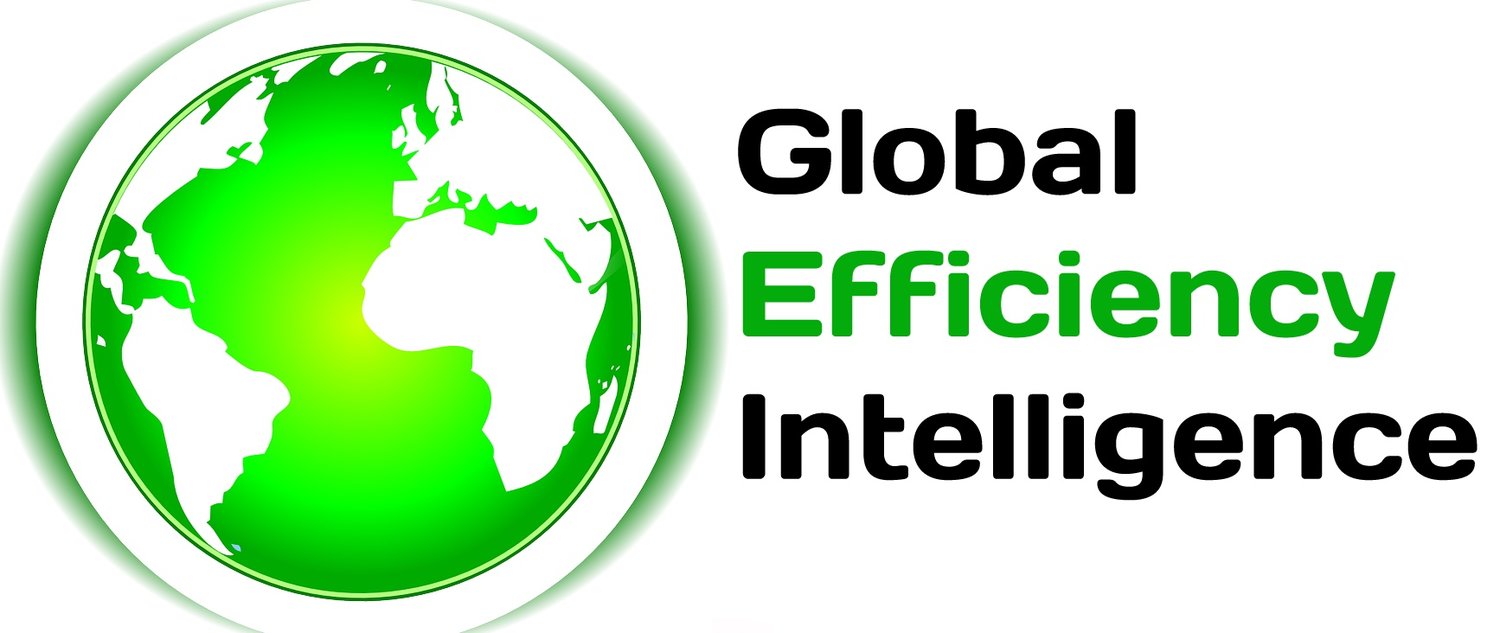Food and Beverage Industry
Many food and beverage manufacturing subsectors are energy- and carbon-intensive, and mitigating the subsector’s emissions presents a significant opportunity to further decarbonization in the industrial sector. The subsector faces many barriers and challenges, some of which are unique to food and beverage manufacturing and others that are common across this industry. Unique obstacles include the fact that the subsector is particularly heterogeneous even within the industry, manufacturing a highly diverse range of products using several different processes. Additionally, there is a need to maintain strict levels of product safety and quality compared to other industries.
Global Efficiency Intelligence has extensive experience investigating energy use and efficiency and decarbonization technologies and strategies for the food and beverage industry globally. Some of our related publications are listed below.
Our textile industry-related publications:
Zuberi, M Jibran S; Hasanbeigi, Ali; Morrow, William R. (2022) Bottom-up assessment of industrial heat pump applications in U.S. food manufacturing. International Journal of Energy Research (Forthcoming-under review).
Zuberi, Jibran; Hasanbeigi, Ali; Morrow, William (2022). Electrification through Industrial Heat Pump Applications in U.S. Manufacturing. Lawrence Berkeley National Lab & Global Efficiency Intelligence, LLC.
Zuberi, Jibran; Hasanbeigi, Ali; Morrow, William (2022). Electrification of Boilers in U.S. Manufacturing. Lawrence Berkeley National Lab & Global Efficiency Intelligence, LLC.
Cresko, Joe; Rightor, Ed; Hasanbeigi, Ali; et al. (2022). US Industrial Decarbonization Roadmap. US Department of Energy.
Cresko, Joe; Hasanbeigi, Ali; et al. (2022). Thermal Process Intensification in Industry. US Department of Energy.

